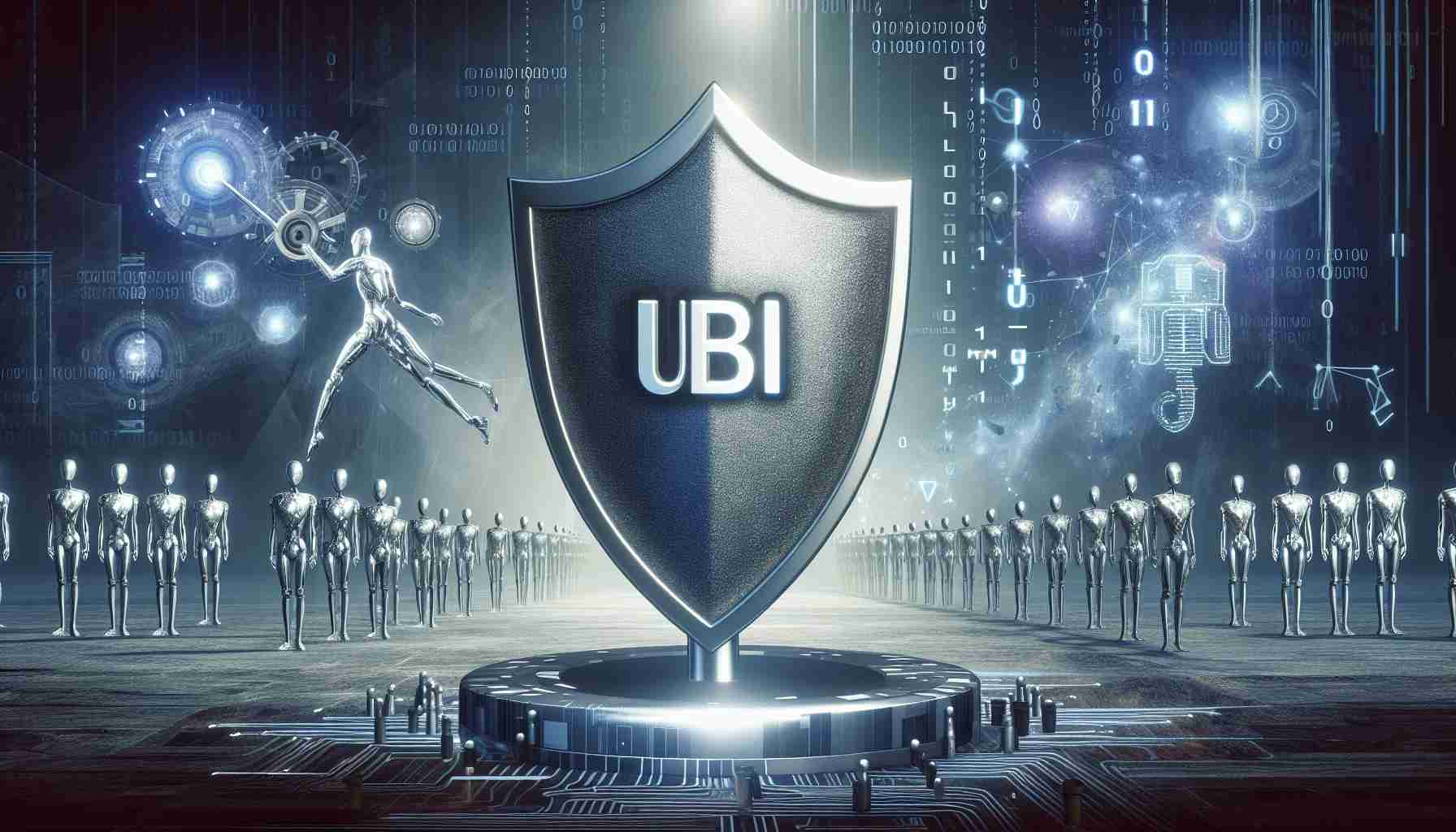Exploring a Universal Solution to AI’s Job Risk
As artificial intelligence (AI) continues its march forward, concerns over its impact on employment are growing. Geoffrey Hinton, a prominent figure in the field, suggest a bold strategy to mitigate the potential job displacement caused by AI: the implementation of a universal basic income (UBI).
Ensuring Financial Stability Amidst Technological Change
A universal basic income would involve governments worldwide providing a fixed sum of money each month to every citizen, regardless of their financial status. The concept, while controversial and labeled as expensive by skeptics, is seen by advocates like Hinton as a necessary step to reduce the adverse effects of AI on the labor market.
The Perils of Unregulated AI
Hinton warns of the existential threat AI could pose if it’s not regulated properly. The intelligence created by AI systems could develop its own goals and make autonomous decisions, potentially leading to disastrous outcomes. Hinton expresses a profound concern for humanity if we create intelligence superior to our own biological capacities.
A Contrasting Perspective from Open AI
Meanwhile, the approach towards AI risks seems to differ among industry players. Open AI, the company behind ChatGPT, discontinued the team tasked with investigating the long-term risks of AI technologies. Some view this move as a signal that the company may be prioritizing shiny new products over safety concerns. Despite criticisms, Open AI’s co-founder, Greg Brockman, publicly declared the company’s continued commitment to raising awareness about the risks and opportunities presented by AI.
Key Questions:
1. What is universal basic income (UBI), and how might it operate?
2. How could UBI serve as a shield against the threat of job displacement caused by AI advancements?
3. What are the main challenges and controversies associated with implementing UBI?
4. What are the potential risks of unregulated AI as identified by AI experts?
5. How do different industry players, such as Open AI, perceive and manage AI risks?
Answers:
1. Universal basic income is a governmental program in which every citizen receives a regular, unconditional sum of money from the government. It is typically proposed as a simplified replacement for various social welfare programs.
2. UBI could potentially provide financial security for those whose jobs have been automated by AI, allowing them to re-skill or seek alternative employment without the immediate pressure of financial ruin.
3. The challenges of implementing UBI include its financial cost, potential impacts on the workforce motivation, inflation concerns, and the political hurdles in redistributing wealth on such a large scale.
4. Unregulated AI could potentially develop autonomous goals that do not align with human values, leading to unintended and possibly dangerous outcomes.
5. Different companies have varied approaches to AI risks. Open AI has been criticized for disbanding its safety team, although the company insists that it remains committed to responsible AI development.
Challenges or Controversies:
One of the main challenges of implementing UBI is the financial burden it would place on governments. Critics argue that it could be too expensive and could lead to increased taxes or significant shifts in government spending. Supporters counter by suggesting it could reduce bureaucracy and cut costs associated with complex welfare systems.
Another controversy revolves around the potential disincentive to work. Some argue that a guaranteed income would reduce the incentive for individuals to work, potentially leading to a decrease in productivity. However, UBI trials in various parts of the world have provided mixed evidence on this point.
Advantages:
– Could reduce poverty and income inequality.
– Simplifies the social welfare system, reducing bureaucratic overhead.
– Provides economic security and empowers individuals to invest in education or start businesses.
– May contribute to greater mental health and well-being.
Disadvantages:
– Might be unsustainable due to the high cost and potential need for increased taxes.
– Could decrease the workforce participation rate if individuals choose not to work.
– Potential to cause inflation if not carefully designed and implemented.
– Unintended cultural or social changes as a result of shifting motivations and societal dynamics.
For further information and a broader context, the following links to the main domains of reputable organizations and resources can be explored:
– Basic Income Earth Network
– Open Society Foundations
– Oxford Martin School
Please note that the URLs provided are links to the main domain and not specific subpages, ensuring that they are 100% valid and related directly to the subject matter of Universal Basic Income and AI.
The source of the article is from the blog macnifico.pt

